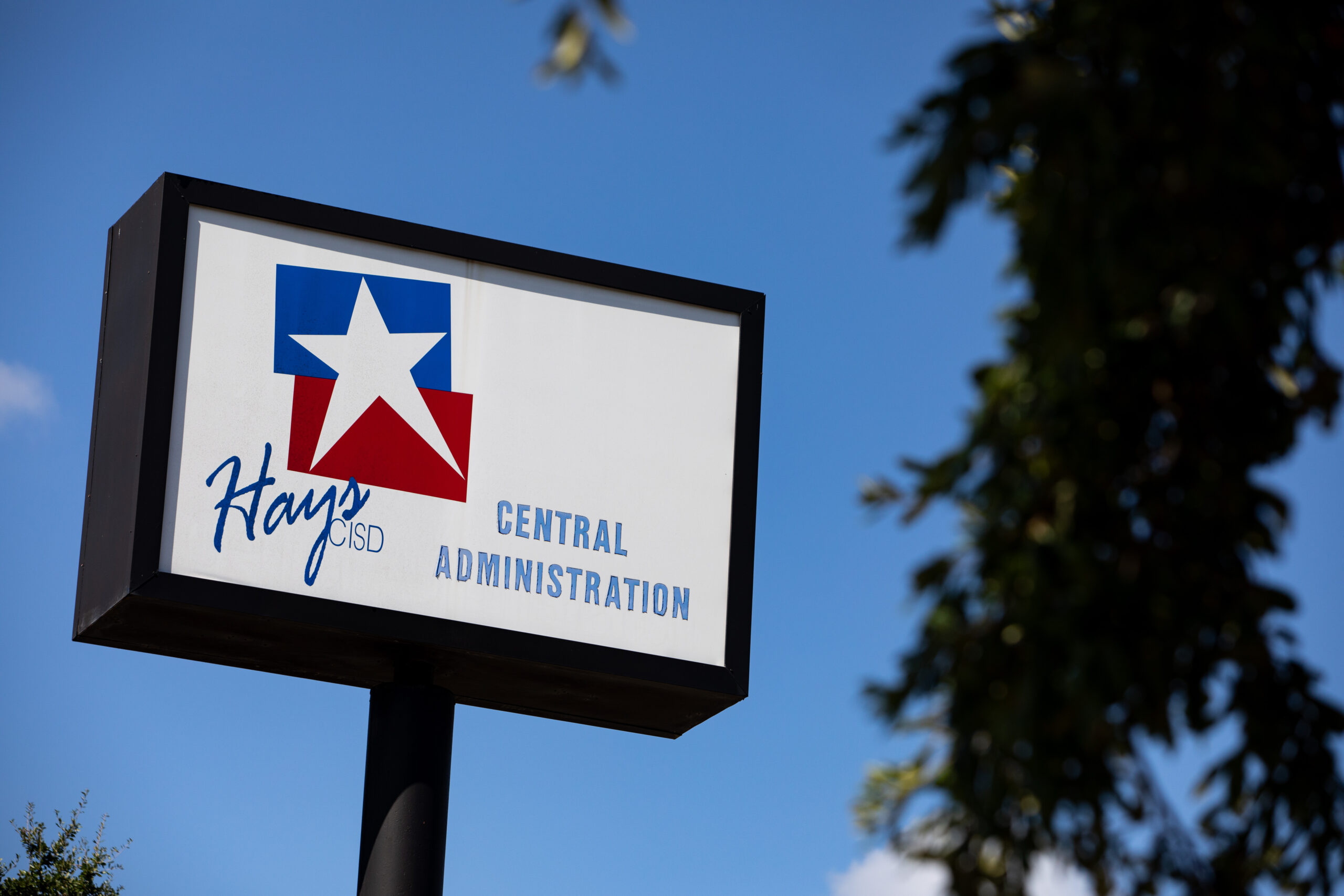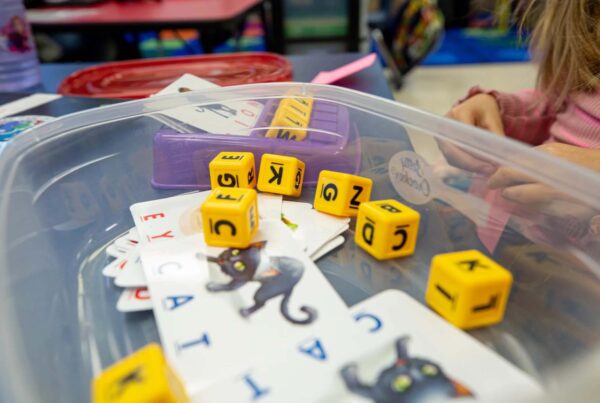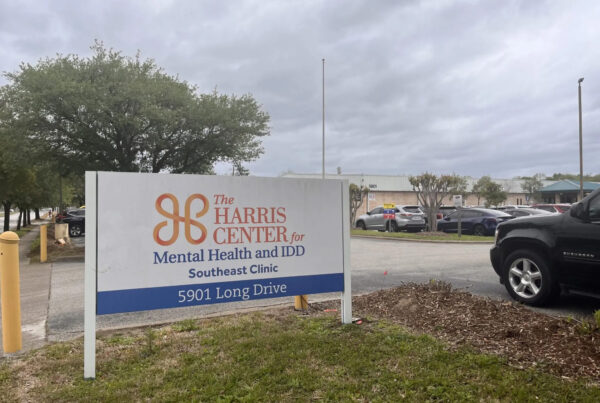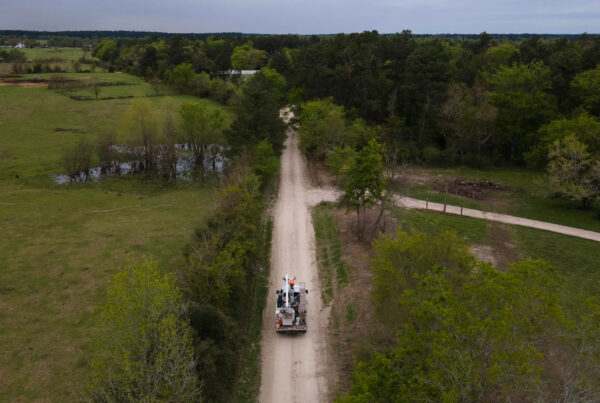Two decades ago, Kyle, Texas, was a town of some 6,000 people. It’s since grown eight times as large.
It’s one of the population centers in Hays County, just to the southwest of Austin, and it’s one of the fastest growing places in the nation. Hays County is also at the center of an epidemic of drug overdoses among teenagers.
Nearly 40% of the fentanyl overdoses recorded by the Hays County Sheriff’s Office in 2022 involve people younger than 18.
Rachel Monroe wrote about some of those affected by this crisis for a piece in The New Yorker. She said it’s not clear if Hays is experiencing more teen overdoses or if the Hays school district is just more open about the crisis.
“I’ve talked to parents in other school districts who have told me that there have been overdoses in their schools, but that the school administrators are reluctant to talk about it because they think that it will make the school look bad or might encourage other kids to do drugs,” she said. “So I think what’s happening (in Hays) is you have a really amazing effort, I think, by the school district, once they started having kids die last summer of overdoses, to get out in front of the problem. These deaths weren’t happening on campus, but they wanted to kind of come forward and communicate those to the families and the communities and say, ‘you know, this is happening.’”
Monroe’s reporting focused on several families and teens who have been directly affected. She said one teen, Noah Rodriguez, stuck with her. He was in eighth grade when schools closed for the COVID-19 pandemic.
“When he’s not in school anymore, he stops playing sports, starts hanging around with, you know, a new crowd and starts dabbling in drugs,” she said. “He overdosed and last May was in a coma for four days, woke up and his family really tried hard to get him into a treatment facility, but was unable to do so. And then a few months later, he overdosed again at his girlfriend’s house, that time fatally.”
Monroe said it’s not clear there is more drug experimentation among young people than there was when she was a teen. However, that experimentation is often more dangerous because of the presence of fentanyl, a synthetic opioid, in drugs sold as something else.
“Kids might think that they’re taking Percocets or Xanax or some other kind of pill and those pills are actually counterfeit and laced with fentanyl, which is much cheaper to make and also much more potentially deadly,” she said. “Hays County school officials are trying to be really upfront and open and talk about these things and, not with a ‘just say no’ drug war language, but just being really clear with these kids about what the risks are, which I think is making a difference.”
Monroe said making certain harm reduction tools available would also help reduce deaths. Fentanyl test strips are still illegal in Texas, though Gov. Greg Abbott has expressed a desire to change that.
The US Food and Drug Administration also approved for the first time this week an over-the-counter version of the opioid overdose antidote Narcan.
“Having Narcan on hand is like a huge advantage. It can really kind of stop or reverse an overdose. And so the schools in Hays County are training their teachers and their nurses and their athletic directors and anybody who is in regular contact with kids to use it,” Monroe said. “Families can also, if they have people who they’re concerned might have an overdose, you can have a supply of Narcan at home and that’s something that I’ve heard from folks is just a good preventative step, you know, just in case.”














